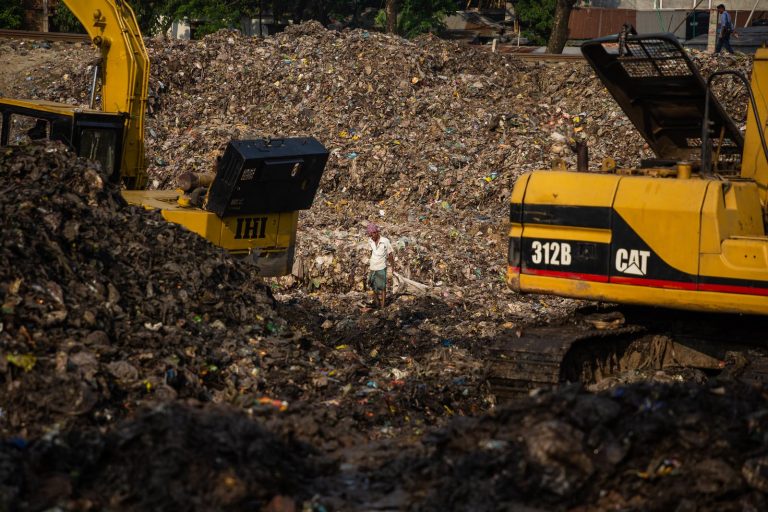Waste is everywhere, as it’s something everyone produces, and because of this, our landfills are overflowing. We need to think of ways to help decrease our waste by using different waste management strategies.
There are many waste management strategies that can be employed to reduce, recycle, and reuse waste. First, it is important to understand the different types of waste: municipal solid waste (MSW), hazardous waste, electronic waste, and construction and demolition debris. Each type of waste requires a different approach to waste management. Here are some various approaches to waste management and how you can reduce, recycle, and reuse waste.
Waste Prevention
The best waste management strategy is to prevent waste from being generated in the first place. There are many ways to do this, such as reducing your use of single-use items, using cloth napkins instead of disposable paper, and using reusable bags instead of getting plastic bags. It’s the little things like this that can make a big difference and help reduce the waste in our landfills.
Recycling and Reuse
>One of the most common waste management strategies is recycling. Recycling involves turning used materials into new products. This not only reduces waste but also conserves energy and resources. Reuse is another form of recycling. This involves using items again instead of discarding them. For example, you can donate clothes or furniture to thrift stores or reuse glass jars for storage
Biological Treatment
Biological treatment involves using microorganisms to break down organic waste into compost. This is a great way to reduce waste and create a valuable resource for your garden!
Incineration
Incineration is the process of burning waste to generate electricity. This is a controversial waste management strategy because it produces greenhouse gases and air pollution. However, it can be used to reduce the volume of waste that needs to be disposed of in landfills.
Landfill Disposal
Landfilling is the process of disposing of waste in a landfill. This is the most common method of waste disposal, but it has many environmental impacts. Landfills produce methane, a greenhouse gas that contributes to climate change. They can also contaminate groundwater and soil.
Due to recent changes in municipal waste regulation, The priority should be waste prevention, both at the manufacturing level and by consumers and institutions. The second priority is a waste diversion to keep it out of landfills. Waste should be seen as a valuable resource to increase the economic benefit of recycling.
Construction, Renovation and Demolition of Waste
Construction, renovation, and demolition (CRD) waste represent a significant portion (4 million tonnes or 12%) of the solid waste stream generated in Canada. CRD waste also contains chemicals that may pose risks to human health and the environment if improperly managed.
You can get started managing your waste and make an environmental impact with a professional waste management company. Georgian Waste Services is a waste management company providing residential and commercial front-end waste services. Here, you’ll find a variety of services that will help you to work towards making your business more beneficial to the environment and comply with all the regulations.
Call Georgian Waste Services Today at 705.424.0082
